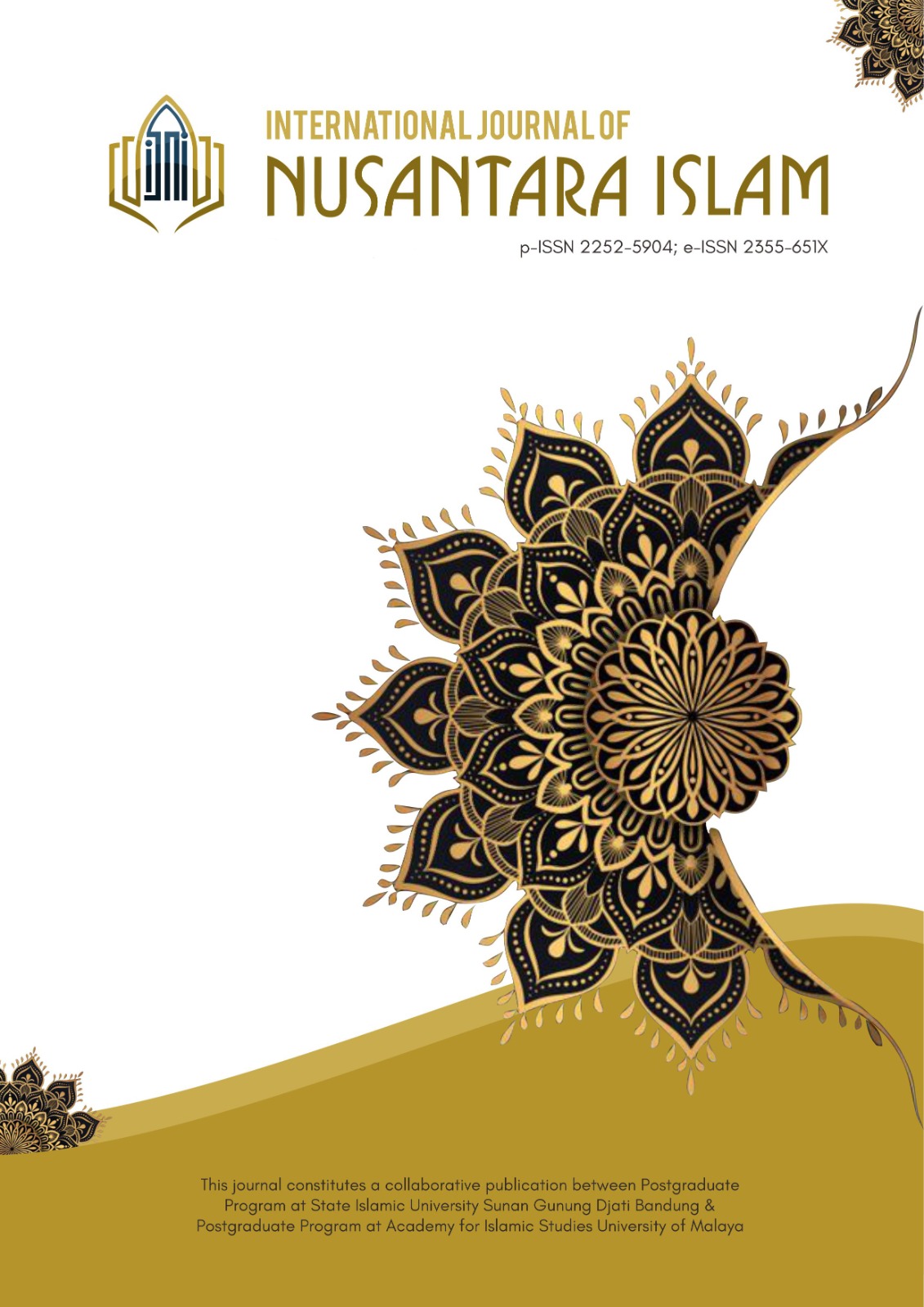Moral Value of Ijarah and Ujrah: Review of Rahn Concept in Islam
Main Article Content
Abstract
Nowadays, Islamic pawning products have developed quite rapidly. In its operation, Islamic pawn products generally used the ijarah contract system. Ijarah agreement is a contract in the form of transferring the right to use goods and / or services through payment of rental wages, without being followed by the transfer of ownership of the goods themselves. In running a sharia pawn business, both Sharia Commercial Banks (BPRS), Sharia Rural Banks and also Islamic Pawnings were always guided by the fatwa of the National Sharia Board, which is a supervisory institution for Islamic and non-bank sharia financial institutions formed by the Indonesian Ulama Council (MUI).
Therefore, this study aimed to describe and analyze the concept of ijarah and the aspects of ujrah in the realm of sharia pawnshop (rahn) especially in terms of how the benefits derived from a rahn product. The methodology used a qualitative approach (qualitative research), with a deductive style (deductive method). The results were in line with the fatwa of the National Sharia Council (DSN) no. 25 / DSN-MUI / III / 2002 which stated that the amount of storage service fees should not be determined based on the loan amount. The product organizers could only get benefit from the lease fees collected. This then constitutes the principles and values contained in the ijarah agreement and the ujrah aspects in the sharia pawnshop review (rahn).
Article Details
The Authors submitting a manuscript do so on the understanding that if accepted for publication, copyright of the article shall be assigned to International Journal of Nusantara Islam, Sunan Gunung Djati State Islamic University.
The copyright encompasses exclusive rights to reproduce and disseminate articles in all forms and media, including reprints, photographs, microfilm, and similar reproductions, as well as translations. Some or all of the contents of this journal can be stored in databases and transmitted in any form and media without the need for written permission from the International Journal of Nusantara Islam, Sunan Gunung Djati State Islamic University.
The Editors and the Advisory International Editorial Board make every effort to ensure that no wrong or misleading data, opinions or statements be published in the journal. In any way, the contents of the articles and advertisements published in the International Journal of Nusantara Islam (IJNI) are sole and exclusive responsibility of their respective authors and advertisers.
References
Anshori, Abdul Ghafur. (2006). Syari’ah Pawn in Indonesia (Concept, Implementation and Institutionalization). Yogyakarta: Gadjah Mada University Press.
Antonio, Muhammad Syaf'i. (2001). Sharia Bank from Theory to Practice. Jakarta: GIP, cet.to-1
Anwar, Syamsul. (2007). Sharia Agreement Law (Study of the Theory of Covenants in Muamalat's Jurisprudence). Jakarta: Raja Grafindo Persada.
Anwar, Syamsul. (2007). Sharia Agreement Law. Jakarta: PT. Grafindo Persada.
Asiyah, Binti Nur. (2014). Sharia Bank Financing Management. Yogyakarta: Terrace.
Basyir, Ahmad Azhar. (2000). Muamalat's Legal Principles. Yogyakarta: UII Press.
Basyir, Ahmad Azhar. (1983). Islamic Law Regarding Riba, Debt and Pawn Receivables. Bandung: Al-Ma'arif.
Fadhlan (2014). Muamalah's Jurisprudence Perspective and Its Application in Banking. Iqtishadia Journal, Vol. 1, No.1, June.
Haroen, Nasroen. (2007). Fiqh Muamalah. Jakarta: Primary Media Style.
Huda, Qomarul. (2011). Fiqh Muamalah. Cet.1. Yogyakarta: Terrace.
National Sharia Board. (2002). National Sharia Council Fatwa (DSN) no. 25 / DSN-MUI / III / 2002.
al-Qazwiniy, Muhammad ibn Yazid Abu Abdillah. (n.d.) Sunan Ibn Majah. Beirut: Dar el-Fikr.
Rahman, Afzalur. (1995). Islamic Economic Doctrine. Translator Soeroyo Nascangin. Jakarta: Daba Bhakti Wakaf.
Rahman, Annisa. (2016). Analysis of the Determination of the Ujrah in Financing with the Ijarah Agreement and Its Implications for Profits in BMT Dana Mentari Muhammadiyah Purwokerto. Purwokerto: Faculty of Islamic Economics and Business, IAIN Purwokerto.
Rifai, Moh. (2002). Islamic Banking Concepts. Semarang: CV. Wicaksana.
Sabiq, Sayyid. (1987). Fikih Sunnah 13. Bandung: PT. Al Maarif.
Saepudin, Encep & Mintaraga Eman Surya. (2017). The Model of Work Productivity in Perspective of the Quran, Journal of Islamadina, Vol.XVIII, No.1, March.
Suhendi, Hendi. (2002). Fiqh of Muamalah. Jakarta: Raja Grafindo Persada.
Zuhaili, Wahbah. (1984). Al-Fiqh al-Islami wa Adillatuhu. Volume V. Beirut: Dar el-Fikr.

